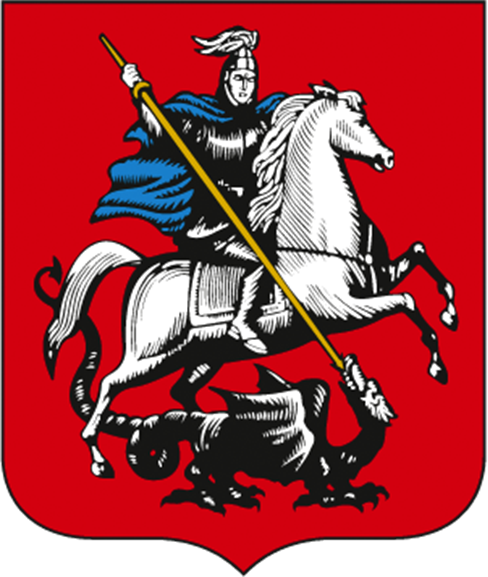It’s not unusual for singers whose active careers are over to turn their attentions to teaching, but few move into the pedagogical world on the grand scale of Galina Vishnevskaya. The diva not only founded her own vocal institute, the Galina Vishnevskaya Opera Centre, but arranged for it to be housed in a new building in central Moscow as imposing as any of the palatial estates of Russia’s new moneyed class. The Centre began operations in September with a class of 23 chosen by audition and has just undertaken its first operatic venture, a program of scenes from Glinka’s Ruslan and Lyudmila.
Like many programs for young singers, including the Mariinsky Theatre’s vocal academy in St Petersburg, the Vishnevskaya Centre addresses that delicate stage in a singer’s development between conservatory graduation and the hoped-for start of an operatic career. Although it draws on the Moscow Conservatory for faculty and is supported by the city, the Centre is unusual in its independence from any parental organisation, such as an opera house. In the Centre’s view, this independence is a strength because it puts the emphasis where it should be: on training. Participants in the two-year program must put aside the dream of getting that career-making break to appear on a major stage and instead concentrate full-time on developing their skills.
Vishnevskaya, 76, is there to help. She and her husband, the cellist and conductor Mstislav Rostropovich, reportedly have some 10 residences worldwide, but the one in Moscow’s House of Composers now commands a major share of her presence, since she has devoted roughly half of her time to the Centre. Once the reigning soprano of the Bolshoi Theatre, she defected from the Soviet Union in 1974 and was later stripped of Soviet citizenship. Simply by being there, she brought glamour, as well as media attention, to the Ruslan scenes, otherwise a modest affair that underscored the Centre’s greenhouse atmosphere for cultivating voices. The charming new 320-seat theatre is a miniature version of a traditional opera house, with three rings and even a central royal box from which Vishnevskaya viewed the proceedings with palpable pride.
The Pushkin-based Ruslan is a Russian treasure, even if its discursive treatment of the fairy-tale subject limits possibilities for success abroad. The splendidly Italianate music is just the stuff for developing young singers’ techniques, and we heard about 90 minutes of it – mainly the principal arias and a couple of ensembles. There was no chorus, but the Centre brought in Vladimir Ponkin and his state-supported orchestra; it played efficiently, though the sounds emerging from the theatre’s sunken orchestra pit were sometimes muffled and the famous overture was far from scintillating. The singers were costumed and participated in a rudimentary staging.
As Lyudmila, Oksana Lesnichaya displayed an appealing lyric soprano with a characteristically Russian touch of metal, but its needs a little smoothening out. Vladimir Baikov’s agile, fresh-sounding baritone proved a fine match for Ruslan’s music, and Irina Oknina’s handsome singing of Gorislava’s aria revealed the makings of a dramatic soprano, always a vocal category in need of replenishment. Highly promising as Ratmir was the mezzo soprano Oksana Kornievskayafine, vibrant low notes and a keen manner.
As Farlaf, Roman Derzaev sang the famous rondo strongly and the absence of comic antics from his performance was welcome. The Vishnevskaya Centre may not be a place for full-fledged productions, but it’s an encouraging sign of the new Russia’s commitment to opera.



